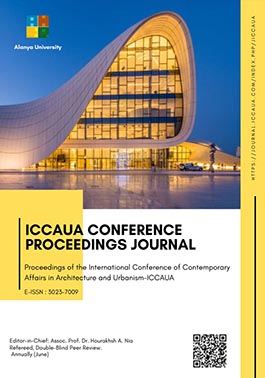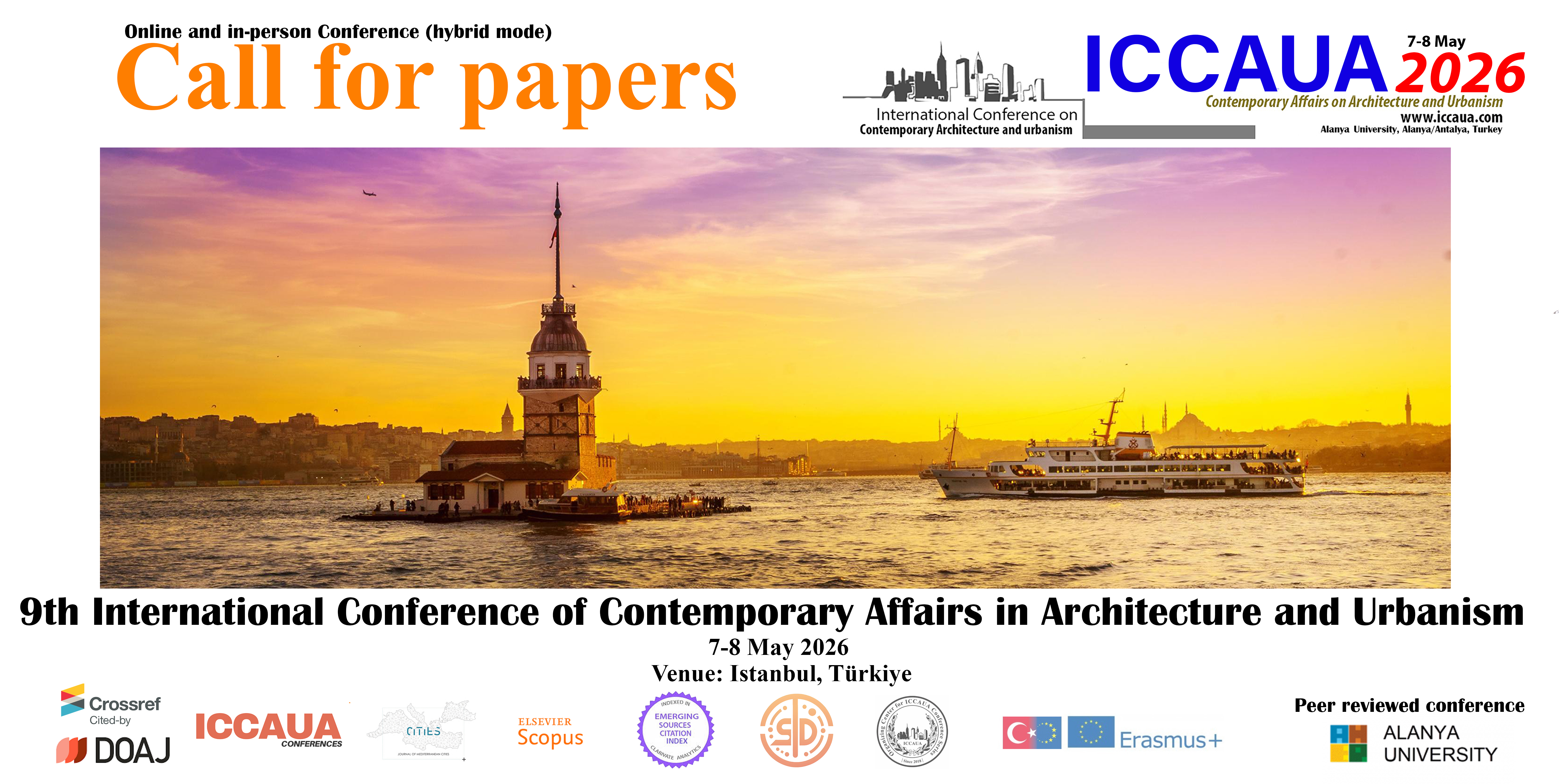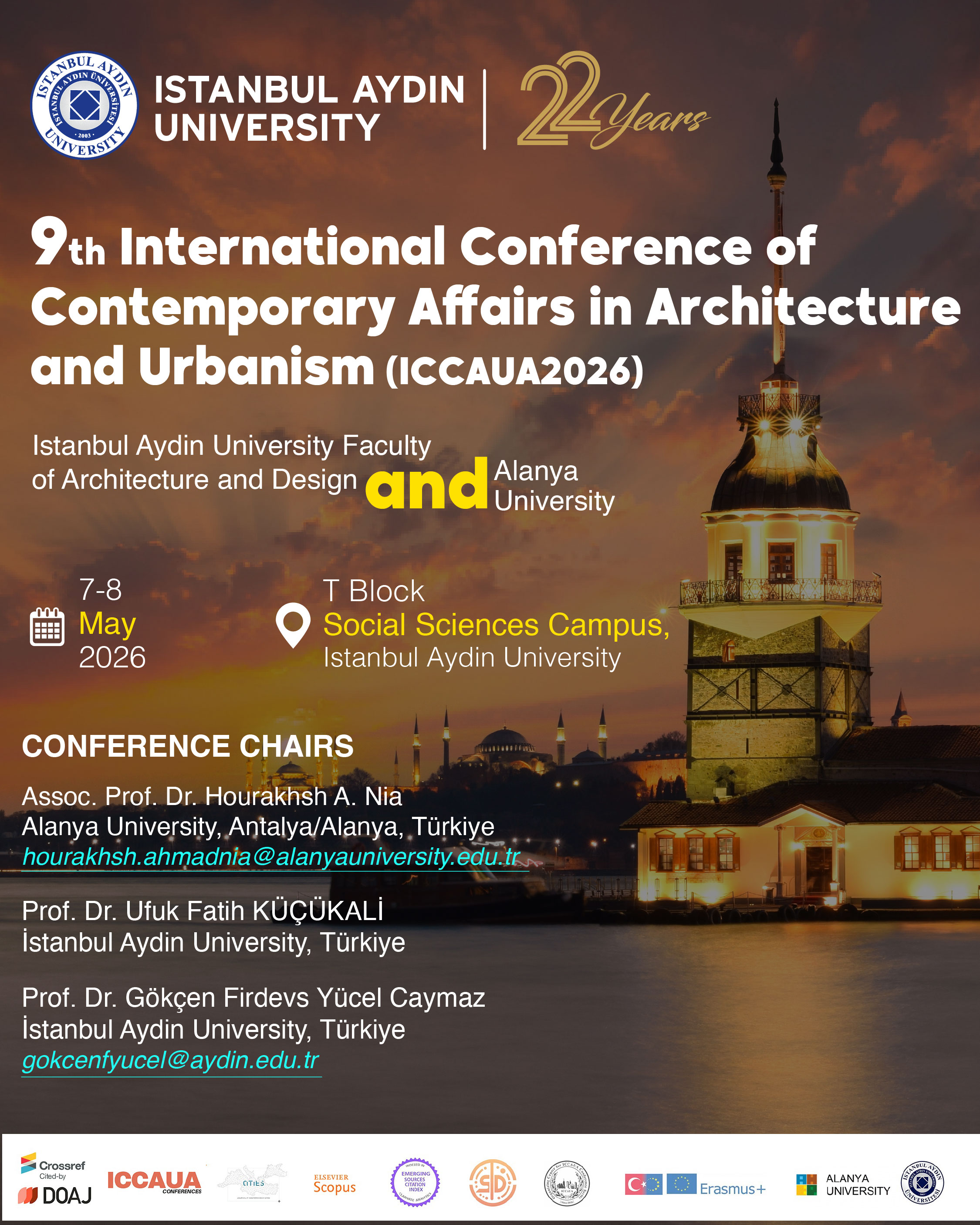Redefining the Concept of Waste: Implementation of Circular Economy for Bangkok Peri-Urban Low-Income Community
DOI:
https://doi.org/10.38027/ICCAUA2025EN0199Keywords:
Low-Income Communities, Circular Economy (CE), System Thinking, Waste Management Practices, Co-Design Method.Abstract
Globally, over 2.1 billion tons of waste are generated annually, with much of it improperly managed, leading to severe environmental and health risks. Thailand produces approximately 27 million tons of waste each year, with significant challenges in peri-urban low-income communities like Pathum Thani, where rapid expansion has outpaced waste management infrastructure. This study aims to redefine the concept of waste through circular economy (CE) principles and systems thinking to enhance waste management and generate economic opportunities. Using a qualitative approach, it employs semi-structured interviews, focus groups, and co-design workshops to engage stakeholders in developing community-driven solutions. Findings highlight the necessity of integrating informal waste collectors into formal systems, improving infrastructure, and creating long-term incentives for participation. The study concludes that redefining waste as a resource can foster sustainable practices and economic resilience. Its contributions offer scalable strategies for other fast-growing cities facing similar waste management challenges.
Downloads
Downloads
Published
How to Cite
Issue
Section
License
Copyright (c) 2025 Tishawree Gerdpratoom

This work is licensed under a Creative Commons Attribution 4.0 International License.




















